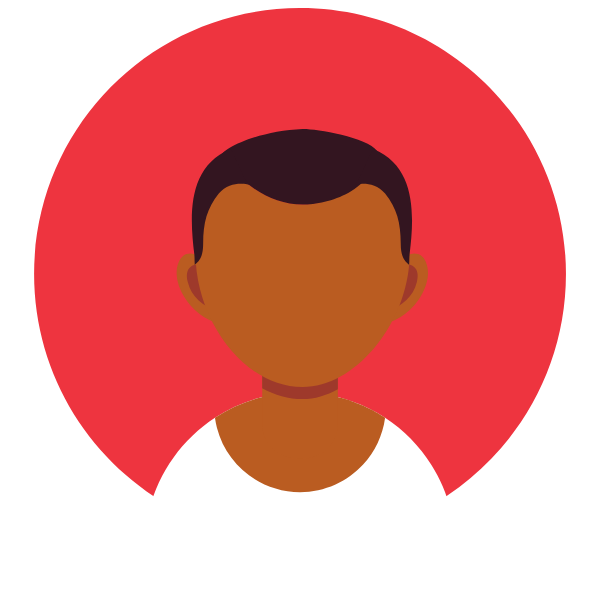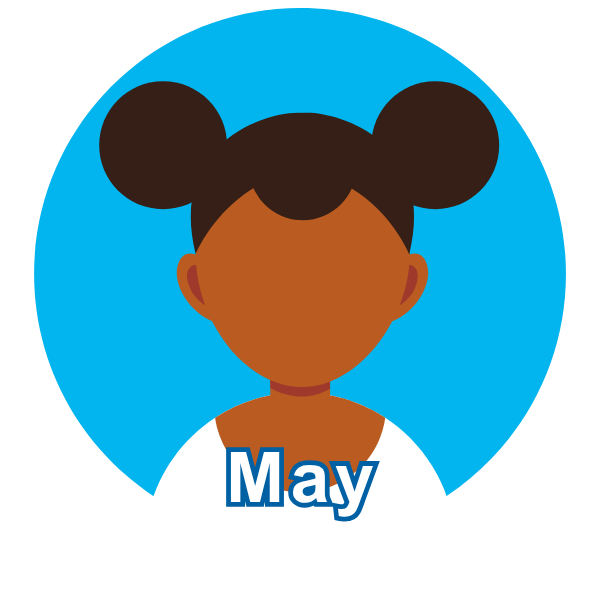Voices from Care | Decision-Making and Advice About Post-School Pathways
Click on the tabs below to navigate between sections.
- Planning for post-school pathways
- Teachers and other staff members
- Support from social workers
- Support from foster/birth parents and care staff
- Conclusions

“And I think that most of us would understand the value of education in getting you out of that adversity. And that’s how I always viewed education. That’s where my dedication, commitment to education came from. I viewed education as kind of lifeboat to kind of escape that kind of a sinking ship is what I’d say. That education is very good in terms of getting new job and stable income and being able to support a family and all of this stuff. And I would definitely say that education is a priority for nearly everyone in care.
But I think there are certain barriers that prevent young people from engaging in education, but I think regardless whether you’re maybe in a residential centre and you have grown up in a residential centre all your life, or you have come into care later in your life, I think that the emphasis on education is so important because you see it as a way to get out of that adversity and for more importantly, you want to have your own identity.”

“And I had a really good teacher who used to talk to me about twice a day and we were just looking at stuff to do in college and stuff like that. And she always pushed me to become [a profession] because she also told me that I could do it.”

“But I think it’s the people you remember is the people who actually showed up for you and kind of…. That’s the people you remember, the ones you know and did. But then there’s also people you remember who also weren’t very helpful.”

“When I was in hospital at the time and [career guidance teacher] came in to actually visit me, and I remember her saying: you’re going to get out with this. […] she was sitting there, trying to get me through. And she was just like, you can do this. You can go on further, and then when I got out of hospital and went into the school like a few months later, she brought me in and every Thursday or Friday. She would bring me in for a meet for an hour and go through all the colleges and stuff with me to make sure like I’ll get in and she did the DARE programs and stuff with me. So, I was lucky she was there.”

“So, coming up to 18, I was lucky enough to have a very good social worker. She was in my corner, and she was a huge support to me. And she was very encouraging of my education. So, for example, what I was kind of looking at then, around kind of 17, was studying abroad in Europe, because some of their degrees are done in English, they’re fully funded, et cetera. So, you know, I was thinking about that and thankfully my social worker was very supportive. Now, I chose to stay on in Ireland, but she was very supportive of that. In exploring that with me, so at least I had that as a backup option.”

“So no, she [guidance counsellor] wasn’t much help, and I suppose my foster mum, like she was quite good. Like she’d sit down with me and talk to me, and you know about different colleges and stuff like that. Like you know, we thought it was better that I didn’t go to like any like big universities [names of universities] because they have big and lecture rooms and like. … So, we decided that I’d go to a smaller [one]. So, my mum and myself decided what I was going to do.”

“For me it was staff in my residential [setting] that were really helpful because obviously they spent every day with me. So, they knew me more than anyone. So, when I came back home and I was like, what career should I go for, things I should do, like health care, should I do something in business. Like they knew that I always had a passion with being in the [in a specific field], so they were extremely helpful and supporting the career that I wanted to go for and, you know, making sure that it was really what I wanted and what would suit me going forward and not just, you know, something that I wanted.”
Decision-making and advice about post-school pathways
For many young people, educational attainment offers them an opportunity to improve their situation and have better life chances. For care-experienced young people, continuing their studies and getting a good job, enables them to exit the adversity in their lives. However, despite understanding the importance of education, many encounter a range of obstacles along the way. Support and advice from various sources are important for a young person during the decision-making process. At this juncture in their lives, young people need to be assured that they can do well and achieve their goals. While teachers can be an important support for students, some, however, may not support the ambitions young people have. Furthermore, career guidance can be very useful source of information for students. However, negative feedback from career guidance teachers may demotivate some young people in pursuing their preferred post-school option.
In addition to teachers and career counsellors, social workers and foster families are another potential source of support and advice for young people regarding their post-school options. However, as some young people have limited contact with their social worker, there is little additional advice that a young person can receive from them. Quality of support from foster families is also important – young people with supportive foster families who recognise the importance of education can get a lot of advice and support from them. In both ‘in third level education’ and ‘interrupted third level education’ groups there were students who felt that they did not get sufficient support in the decision-making process. Foster parents and social workers were mentioned more often by the first group regarding supporting their decision-making process.
It is important to note that the challenges associated with the transition from secondary to tertiary are applicable to all young people. However, the intersection of that school experience with care experience can be more limiting for care-experienced children and young people unless required support is put in place.